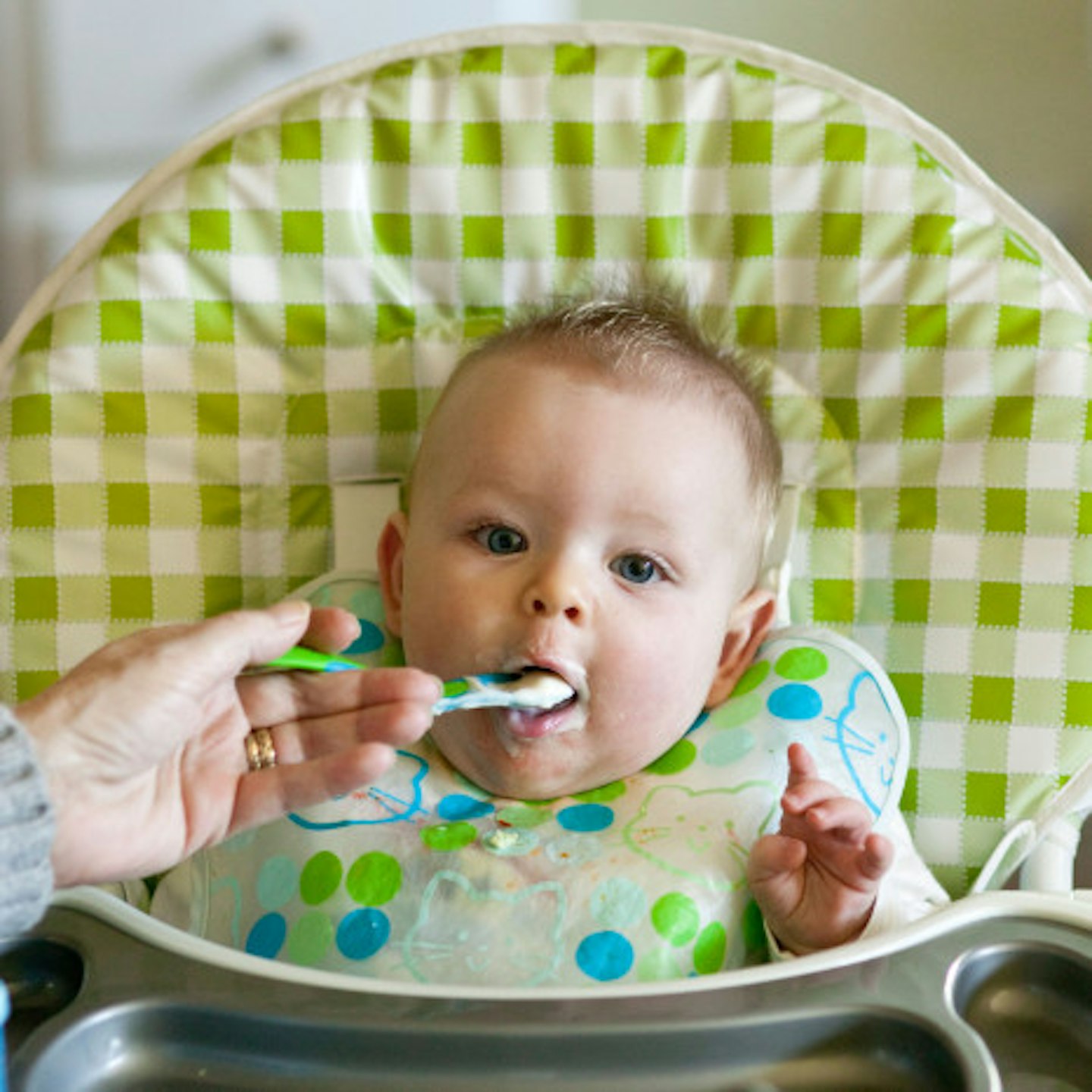Luckily, one forward thinking writer has compiled a handy guide for what to do if your infant gets into trouble.
Drowning
‘Most drowning incidents occur in the bathtub with babies under the age of 1, often because they were left alone, even for a brief moment, and aren’t mobile enough to right themselves’ says Justin Sempsrott, MD, executive director of Lifeguards Without Borders.

The way to avoid such a horrific situation is to provide ‘touch supervision’ at all times, says Justin.
‘Have one hand on the baby in the tub at all times.’
He also adds that you should never turn the baby upside down or try the Heimlich manoeuvre if the child’s face or body has been submerged in the water - as this could cause water to move from the stomach into the lungs.
Instead, it is advised you lift the baby out of the bath, then lie him flat on the floor while someone else calls the emergency services.
If your baby is not breathing normally, you should administer CPR by placing your index and middle finger in the centre of the baby’s chest (in line with the nipple), and administer 30 chest compressions about 1.5 inches deep.
After this, tilt the baby’s head back and lift his chin up, which will prevent the tongue from falling back into the airway.
Then seal your lips around the baby’s mouth and nose and breathe out to provide oxygen to them.
‘You’ll know you’re doing it right if the baby’s chest rises and falls.’ You should continue to repeat compressions and mouth to mouth until the baby starts breathing normally, or until help arrives.

Choking
‘If your baby starts choking, try not to panic but also act fast’ says Jim Homme, assistant professor of emergency medicine and paediatrics at the Mayo Clinic in Rochester, Minnesota.
Remove the infant from their highchair, and place her face down lengthwise along your arm, with her face in the palm of your hand. Tip her head slightly to the ground so gravity can help draw the food out.
Next, give the baby five whacks in the middle of the back, in between the shoulder blade, with the palm or heel of your hand. Then move her onto your other forearm.
Then with your index and middle finger pressed together, give five presses in the centre of the chest (again along the nipple line).
Continue rotating between hits on the back and chest compressions until the food comes out.
Homme warns what you should certainly NOT do is to blindly fish around in the child’s mouth, where you risk actually pushing the food further down the baby’s throat.
It’s also better to attempt to help your baby before calling emergency services. If your attempts at first aid don’t work after the first round, call 999 but then continue trying until they arrive.

Head bumps
Because babies heads are so big in proportion to their bodies, they often hit them as they are crawling and wriggling around.
Serious head injuries are actually rare in babies under 1, but they do happen.
‘If your baby falls off a surface that’s taller than twice his height or onto a harder surface like concrete, that can be serious’ said Dr Christopher Moir, a paediatric surgeon at the Mayo Clinic.
If your baby hits her head and immediately starts crying, that’s a good thing - you can also use this to judge whether it is a normal cry for your child, or suggests something more serious has happened.
It’s also relatively common for some babies to spit up or vomit after a fall, then fall asleep. But according to Moir, you only need worry if they stay sleeping for more than 30 minutes or are difficult to wake up.
Three warning signs to look out for after a fall:
If they’re not doing these, then call for help, and in the meanwhile, lie them flat on the ground to keep his airway clear.
